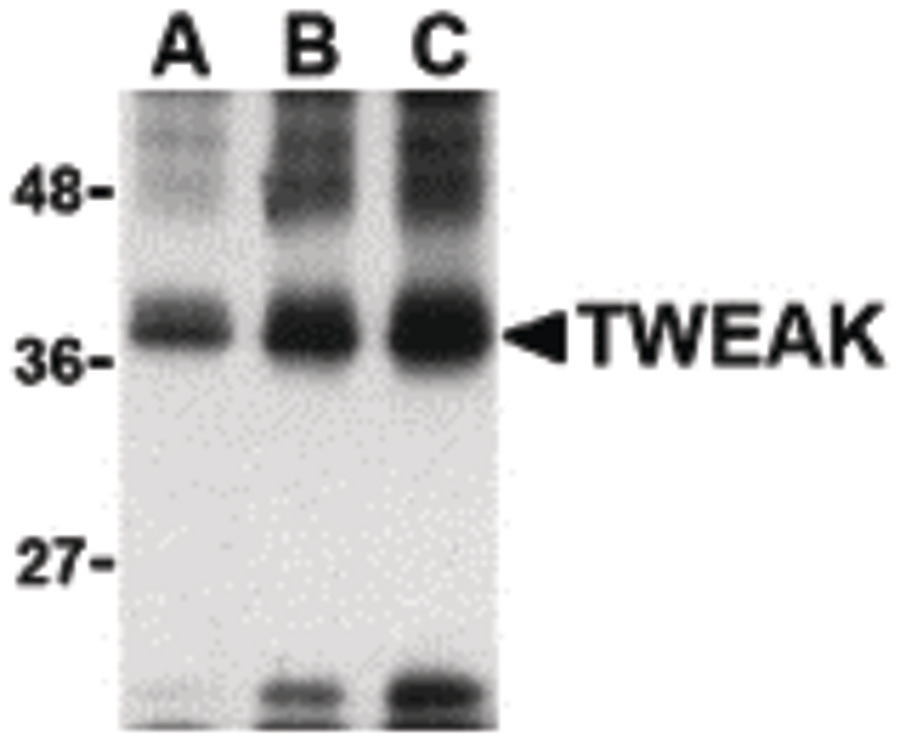A new case study has found that some patients with short DM repeats less than 100 who may not have symptoms of the disease may in fact be troubled with cardiac issues. Here is a full text of the study’s conclusions
This case shows that MD1 with <100 CTG repeats may
exclusively manifest cardiologically, that family screening
for MD1 is important even in asymptomatic patients, and
that MD1 may initially manifest with atypical clinical features.
Muscle biopsy in MD1 may be misleading and may
indicate glycogenosis. Close cardiac follow-up is important
if MD1 manifests cardiologically to prevent syncope or SCD.
Patients even with short repeats may have cardiac issues may 2015

